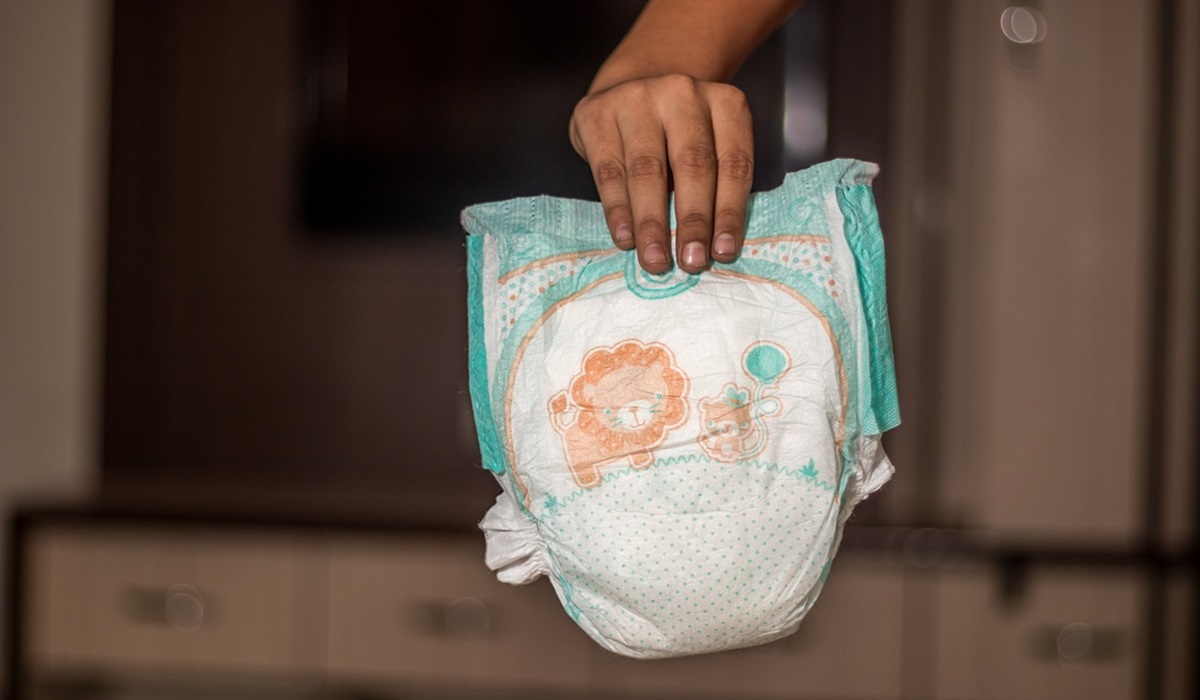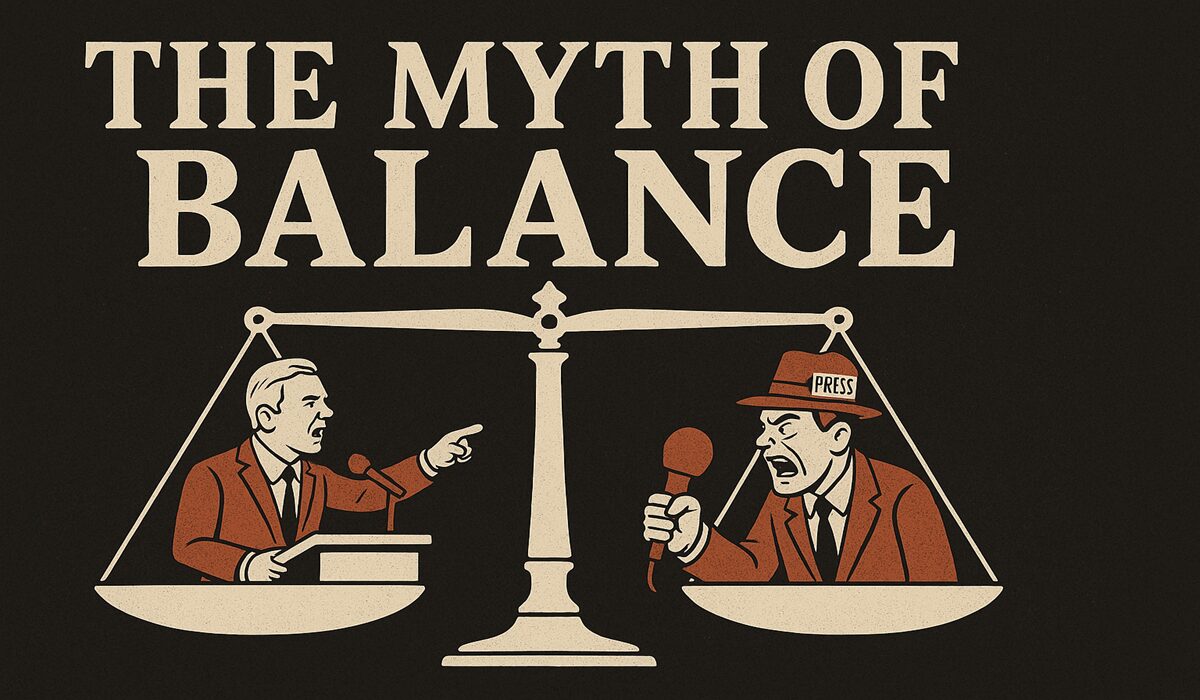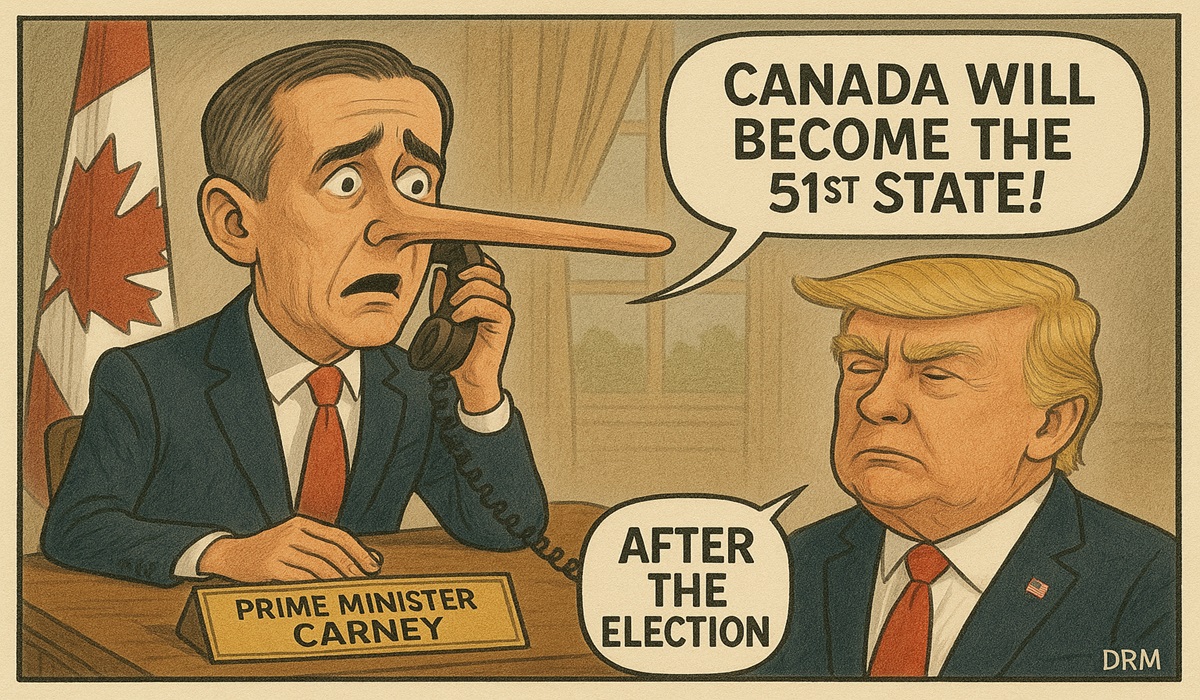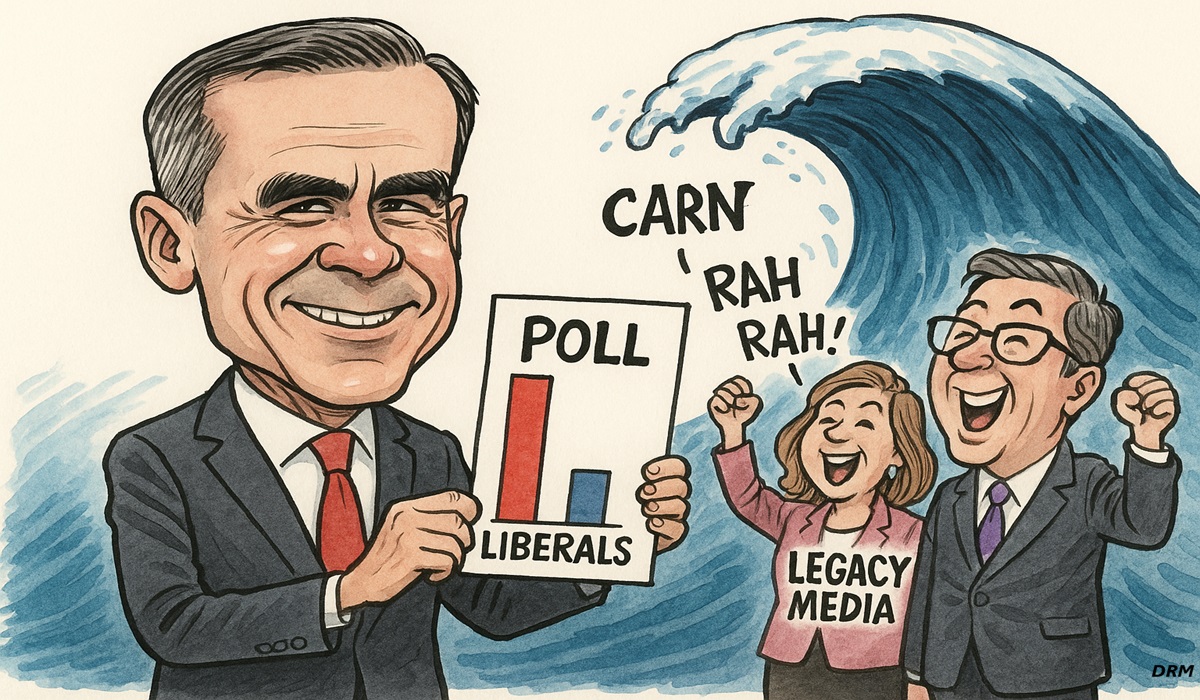Politicians and Diapers: Both Need Frequent Changing to Avoid a Mess
- TDS News
- D.O.C Supplements - Trending News
- Elections
- September 24, 2024

Image Credit, Mahesh Patel
The quote, “Politicians and Diapers must be changed frequently, and for the very same reason,” uttered by Retired Deputy Inspector General Ajit Singh, is as profound today as it was when first conceived, likely channeling the frustrations of countless citizens across nations. The analogy, biting in its simplicity, underscores a fundamental truth that resonates louder now than ever: the corruption and stagnation entrenched within politics are comparable to something spoiled, something that, if left unchanged, threatens to harm the fabric of society.
This sentiment rings particularly hollow today as the world witnesses governments and political systems increasingly failing to meet the demands of the people. Leaders stay in power well beyond their relevance, clinging to positions not for public service but for self-preservation and personal gain. From the embattled halls of Washington, where gerontocracy dominates American leadership, to authoritarian regimes in Asia and Africa that ruthlessly crush opposition, this metaphor stings like never before. Politicians, like diapers, can quickly become tainted by the very filth they claim to clean up—greed, power, and personal ambition—and yet, they remain unchanged, shielded by political machinery, money, and the passive tolerance of voters.
This stark truth was highlighted in recent years, as we witnessed political leaders ignoring public outcry and clinging to office despite overwhelming evidence of incompetence. In the U.S., debates around cognitive decline among elected officials, like Senator Mitch McConnell and President Joe Biden, exemplify this problem. Politicians refusing to step down despite age and health concerns paint a tragic picture of leaders prioritizing their careers over the future of their nation. The same can be seen in countries like Zimbabwe, where leaders like Robert Mugabe remained in power until his death, decades after becoming irrelevant to the needs of his people.
The idea of “frequently changing” those in office also cuts to the heart of democratic accountability, or the lack thereof. With the rise of political dynasties, nepotism, and the increasing control of corporate interests over politics, the system seems less like a mechanism of change and more like a perpetuation of stagnation. Political figures across the globe have become less accountable to their constituents and more beholden to donors and lobbyists, fostering an environment in which the few continue to benefit while the masses are left to languish. And yet, the machinery of re-election ensures they remain in power, their positions rarely challenged by meaningful opposition.
In countries with democratic systems, the absence of meaningful term limits for members of Congress or Parliament creates an environment ripe for the entrenchment of career politicians. They are allowed to fester, drawing ever further from the will of the people they were elected to serve. These politicians, like unchanged diapers, are no longer functional; instead, they suffocate the very systems meant to allow for growth and renewal. Just as a diaper left unchanged leads to discomfort and illness, politicians left unchallenged bring about systemic decay.
Even in places where elections do occur, they have often become hollow rituals, with little change in leadership or policy. The act of voting feels more like a formality than an instrument of change. Citizens may choose between different faces but rarely between different futures, as the political system remains rigged in favor of incumbents. This lack of genuine choice stifles progress and fuels cynicism, with many voters seeing little reason to participate in a process that seems incapable of addressing their concerns.
Singh’s analogy serves as a reminder that political power should be held lightly, with an understanding of its responsibility. Instead, too many leaders treat it as a birthright or a lifetime appointment, believing themselves irreplaceable. In democracies and autocracies alike, the frequent rotation of leadership should be seen as essential to the health of society. Only through change can fresh perspectives, innovative policies, and renewed commitments to the public good emerge.
And so, the diaper remains unchanged. Its contents only becoming more foul with each passing day. The time for renewal has never been more pressing. However, the systems designed to enact that change have been weakened and corrupted, leaving the public to bear the stench of governance that has long outlived its usefulness. Singh’s words, however biting, capture the tragic truth of our times: without frequent change, what is meant to protect and serve us instead becomes our undoing.








